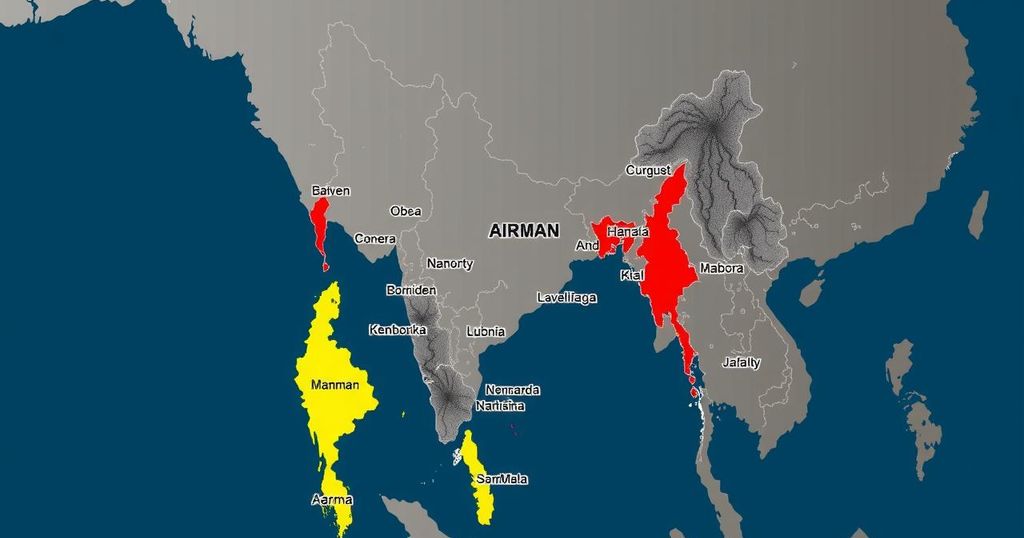China Condemns Philippine Laws on Maritime Rights Amidst South China Sea Dispute
The Philippines enacted the Maritime Zones Act and the Archipelagic Sea Lanes Act, asserting its maritime boundaries. In response, China condemned these laws, claiming they infringe upon its territorial sovereignty and aim to legitimize the 2016 arbitration ruling it disapproves of.
On Friday, President Ferdinand Marcos Jnr of the Philippines signed into law the Maritime Zones Act and the Archipelagic Sea Lanes Act, asserting the nation’s maritime boundaries and rights to its maritime resources. These laws were described by President Marcos as “significant laws that emphasise the importance of our maritime and archipelagic identity.” However, China responded vehemently, condemning these legislations as attempts by Manila to validate a ruling from the 2016 South China Sea arbitration that Beijing has persistently rejected. Chinese authorities reacted by summoning the Philippine ambassador to express their concerns formally. The foreign affairs committee of China’s National People’s Congress (NPC) stated that the Maritime Zones Act “disregards China’s strong opposition and stern representations” and constitutes a serious violation of China’s territorial sovereignty. Beijing accused the Philippines of unlawfully incorporating Chinese territories, specifically mentioning Huangyan Island and various features of the Spratly Islands within its claimed maritime zones. Furthermore, the NPC labelled these legislative actions as an effort to endorse what they deem an “illegal ruling” from the arbitration court.
The tensions between China and the Philippines have been exacerbated by competing claims over the South China Sea, a region rich in resources and critical maritime routes. In 2016, an international tribunal ruled in favor of the Philippines regarding disputes over maritime entitlements, a decision that China has rejected and labelled as invalid. The enactment of the recent Philippine laws represents Manila’s commitment to asserting its maritime sovereignty. In contrast, China seeks to maintain its claims over the territory, leading to heightened diplomatic tensions.
In summary, the enactment of the Maritime Zones Act and the Archipelagic Sea Lanes Act by the Philippines has drawn strong condemnation from China. The Chinese government perceives these laws as undermining its territorial claims in the South China Sea, framing them as attempts to affirm a ruling it considers illegitimate. This dispute underscores the ongoing geopolitical tensions in the region, highlighting the complexities of maritime sovereignty and international law.
Original Source: www.scmp.com





Post Comment